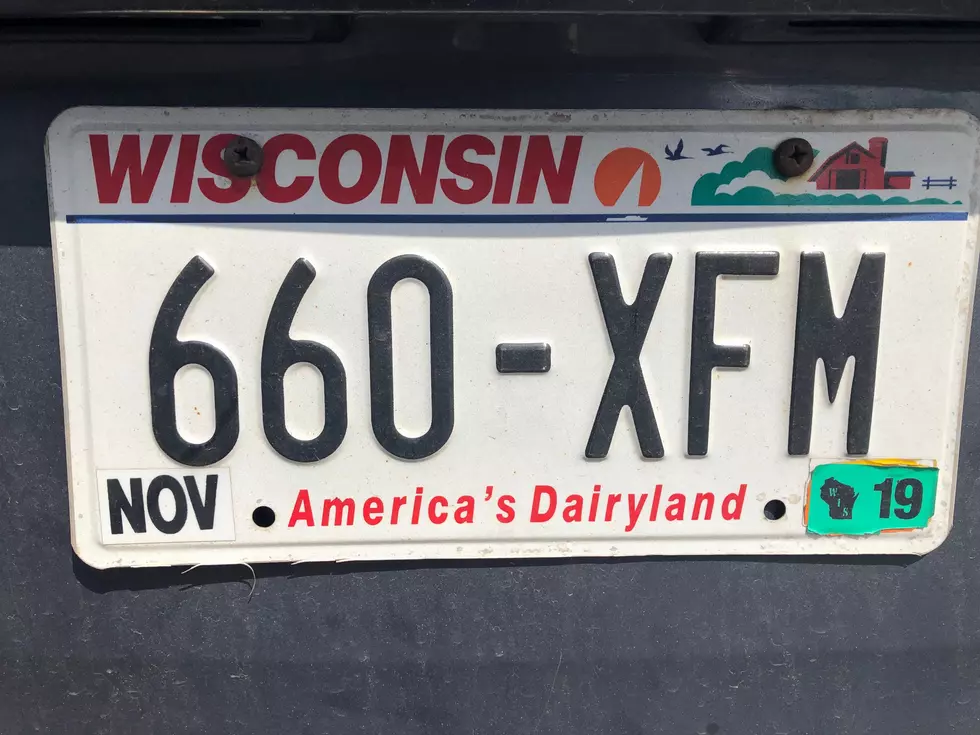
Companies Will Hate This New Minnesota Pricing Law
It's something that frustrates most people, and something that we've all experienced. A new bill introduced in Minnesota looks at regulating this common practice.
What Does The New Bill Hope To Fix?
The new bill, HF 3438, updates Minnesota's consumer protection laws by focusing on how companies advertise their prices. If passed, it would be considered a deceptive practice if a business advertises a price for a product or service but doesn't include any mandatory fees in that price. Those disclaimers on ads are about to get much longer if this passes.
This means that all those extra charges that aren't optional and that a buyer can't avoid must be clearly stated upfront in the advertised price. The idea is to prevent companies from luring customers with low prices only to hit them with additional fees later on.
READ MORE: Minnesota Cracks Down on Out-of-Control Sports Parents
Why Is This Bill Being Introduced?
This practice has gotten so widespread, from hotels and restaurants, to ticket sales and cell plans, that it will take legislation like this to make a difference in the way businesses treat consumers.
The bill was introduced by Rep. Emma Greenman from Minneapolis, she told Axios, "Consumers hate it, and it's also deceptive because you're not actually telling people what something costs until they're at the point of no return."
Here are some bullet points at some of the things that this bill aims to address:
Deceptive Trade Practices Include:
- Misrepresenting goods or services as those of another.
- Creating confusion about the source, sponsorship, or certification of goods or services.
- Falsely suggesting affiliation or certification by another entity.
- Misleading representations regarding geographic origin.
- False claims about the characteristics, benefits, or quantities of goods or services.
- Selling goods as new when they are not.
- Misrepresenting the standard, quality, or grade of goods or services.
- Making false or misleading statements about competitors.
- Advertising goods or services without the intent to sell as advertised.
- Failing to supply advertised goods or services to meet demand, without disclosure.
- Making false statements about price reductions.
- Suggesting that healthcare services may be withheld for delinquency in payment.
- Engaging in unfair competition or practices.
New Addition:
- It's deceptive to advertise, display, or offer goods or services without including all mandatory fees or surcharges in the price.
- Mandatory Fees Definition:
- Fees that must be paid to purchase the advertised goods or services.
- Fees that are not reasonably avoidable by the consumer.
- Fees a reasonable consumer would expect to be included in the price.
- Excludes taxes imposed by government entities.
LOOK: 50 Famous brands that no longer exist
Gallery Credit: Liz Barrett Foster
LOOK: 35 Vintage Cereals That Perfectly Captured Pop Culture Moments
Gallery Credit: Rob Carroll
More From MIX 108









